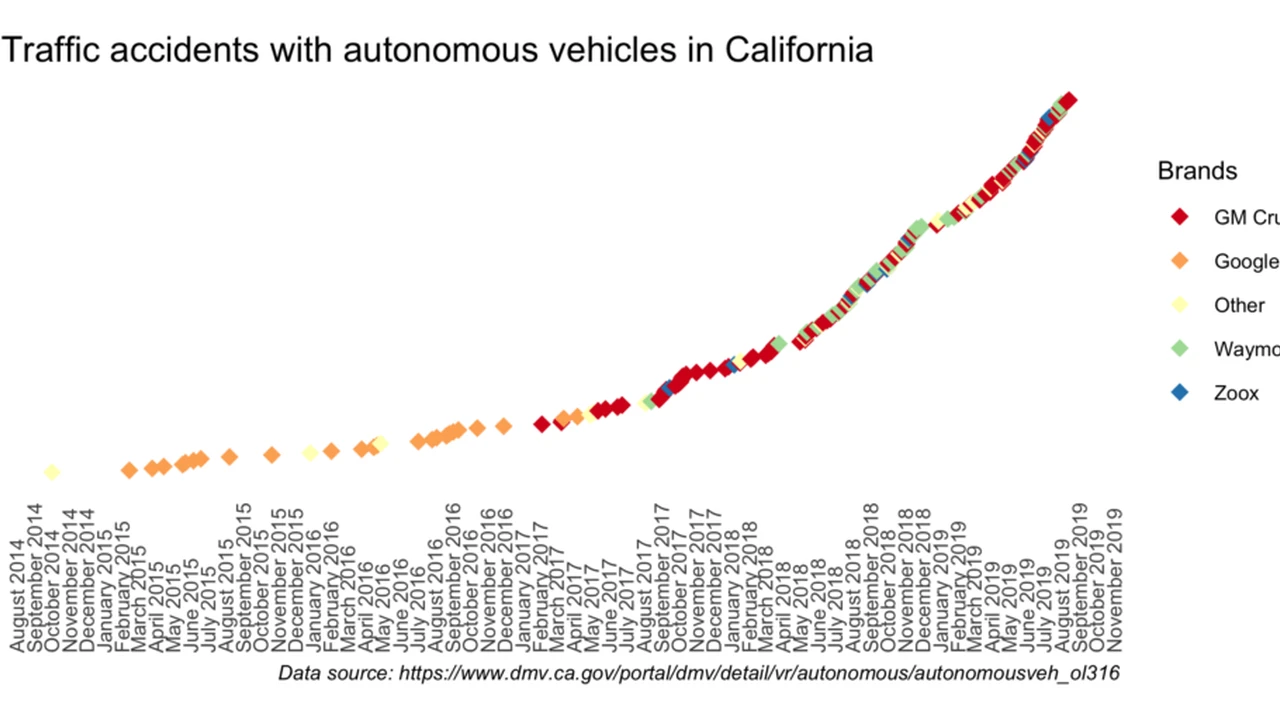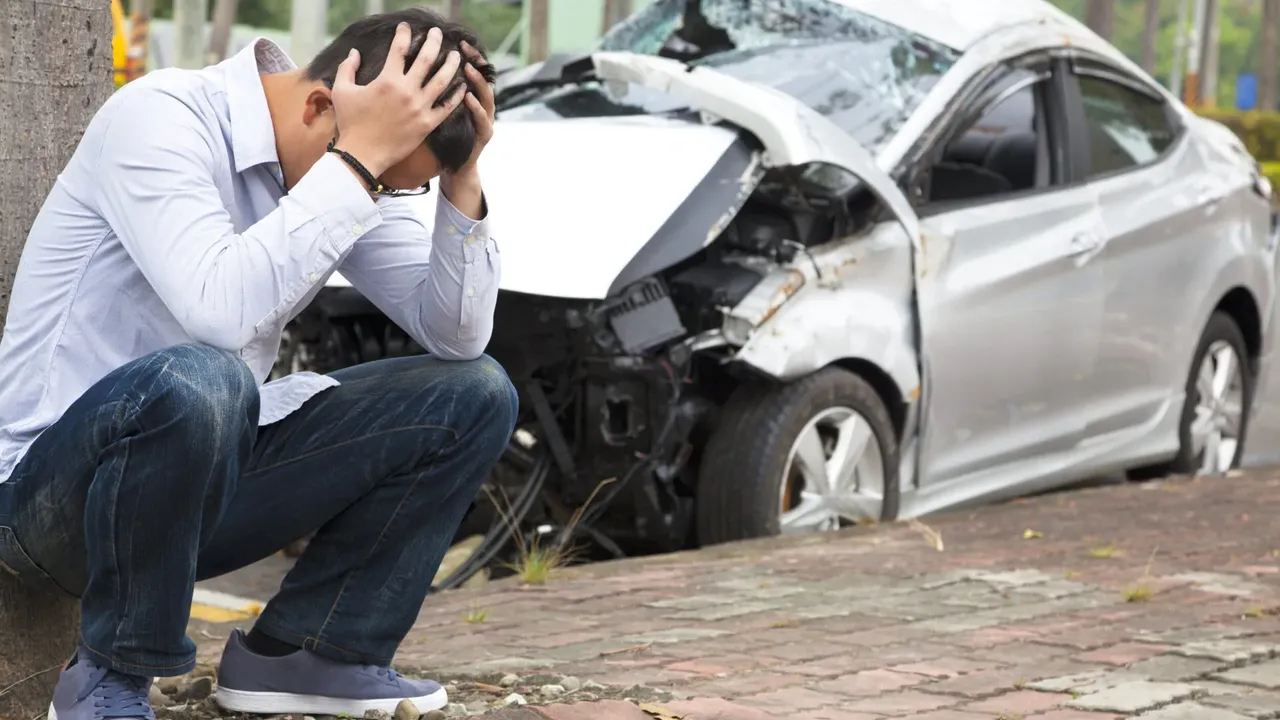Accidents Involving Autonomous Vehicles: Emerging Legal Issues

Introduction Autonomous Vehicle Accidents and the Legal Landscape
Alright, let's dive into the wild world of self-driving cars and the legal headaches they're starting to cause. We're not talking about sci-fi anymore; autonomous vehicles (AVs) are hitting our roads, and that means accidents are bound to happen. But who's to blame when a robot car crashes? That's the million-dollar question, and the legal system is still scrambling to catch up. Think about it – traditional accident law is built around human drivers. What happens when there's no driver at all, or the "driver" is just monitoring the car? Things get complicated, fast.
Liability Who's Responsible When a Self-Driving Car Crashes?
This is where it gets interesting. When a human driver messes up, you know who to point the finger at. But with AVs, the blame game can involve a whole cast of characters. Is it the car manufacturer? The software developer? The sensor maker? The owner of the car? Or even the "driver" who was supposed to be supervising? It all depends on why the accident happened. Was it a software glitch? A sensor malfunction? A manufacturing defect? The legal process is going to be a long, winding road figuring all this out. We're talking about product liability, negligence, and maybe even strict liability claims. Lawyers are going to be busy!
Data Privacy and Accident Reconstruction Accessing Vehicle Data After a Crash
So, after an AV accident, how do you even figure out what went wrong? The key is data. These cars are basically computers on wheels, constantly collecting data about their surroundings, their performance, and everything in between. Think of it as a super-powered black box. But who gets access to that data? The police? Insurance companies? The car manufacturer? The privacy implications are huge. And how do you ensure the data is accurate and reliable? Can it be tampered with? These are all crucial questions that need to be answered before we can use AV data in accident investigations.
Insurance Coverage for Autonomous Vehicle Accidents Navigating Uncharted Waters
Your regular car insurance policy? It probably doesn't cover accidents involving self-driving cars. At least, not explicitly. Insurance companies are scrambling to adapt to this new reality. Do you need a special AV insurance policy? Who pays when the car is in autonomous mode? What happens if the "driver" was distracted or not paying attention? The insurance industry is going to have to rewrite the rules to address these issues. Expect to see new types of insurance policies emerge, and a lot of legal battles over coverage.
Product Recommendations for Enhanced Safety and Accident Documentation in Autonomous Vehicles
Okay, let's talk about some tech that can help you stay safer and document everything if you're involved in an accident with an AV, or even just driving near one. Remember, even if *your* car isn't autonomous, you're sharing the road with them.
High-Quality Dash Cams: Your Digital Witness
First up, a good dash cam is a must-have. Forget those cheap, blurry ones. You need something that captures crystal-clear video, even at night. And it needs to record continuously, not just when it detects an impact. Why? Because you need to see what happened *before* the accident, too. Did the AV make a sudden lane change? Did it ignore a traffic signal? The dash cam will be your unbiased witness.
Product Comparison:
- BlackVue DR900X-2CH: This is the Cadillac of dash cams. It records in 4K resolution, has excellent night vision, and includes cloud connectivity. You can even access the footage remotely. It's pricey (around $500), but worth it if you want the best. Use Case: Ideal for anyone who wants top-of-the-line protection and peace of mind.
- Garmin Dash Cam 67W: A solid mid-range option. It records in 1440p resolution, has a wide 180-degree field of view, and includes driver alerts (like forward collision warning). It's more affordable (around $250) and easy to use. Use Case: A good choice for everyday drivers who want reliable recording and basic safety features.
- Vantrue N2 Pro: This one's unique because it has two cameras – one facing forward and one facing inward. It's great for ride-sharing drivers or anyone who wants to record what's happening inside the car as well as outside. It records in 1080p resolution and costs around $200. Use Case: Perfect for Uber/Lyft drivers or parents who want to monitor their teenage drivers.
Advanced Driver Assistance Systems (ADAS) Add-ons: Extra Eyes on the Road
Even if your car isn't fully autonomous, you can add some of the same safety features with aftermarket ADAS systems. These systems use cameras and sensors to monitor your surroundings and warn you of potential hazards. Think of them as extra eyes and ears on the road.
Product Examples:
- Mobileye 6 Series: This system provides forward collision warning, lane departure warning, and pedestrian detection. It's a bit more involved to install (you'll probably need a professional), but it can significantly improve your safety. Cost varies depending on the installer, but expect to pay around $800-$1200. Use Case: Ideal for older cars that lack modern safety features.
- Nexar Beam: This is a dash cam with built-in ADAS features. It provides collision warnings and automatically saves video clips when it detects an accident. It's relatively easy to install and costs around $200. Use Case: A good option for drivers who want both a dash cam and some basic ADAS features.
GPS Trackers: Documenting Location and Speed
In the event of an accident, knowing the exact location and speed of all vehicles involved is crucial. A GPS tracker can provide this information, which can be valuable for insurance claims and legal proceedings.
Product Options:
- Vyncs GPS Tracker: This tracker plugs into your car's OBD-II port and provides real-time location tracking, driving behavior monitoring, and vehicle diagnostics. It costs around $100 and requires a monthly subscription. Use Case: Great for fleet management or parents who want to monitor their teen drivers.
- LandAirSea 54 GPS Tracker: This is a portable, waterproof GPS tracker that can be attached to your car with magnets. It provides accurate location tracking and can be used to monitor vehicle movement. It costs around $150 and requires a monthly subscription. Use Case: Ideal for tracking vehicles that don't have an OBD-II port or for temporary tracking needs.
The Road Ahead The Future of Autonomous Vehicle Accident Law
The legal landscape surrounding autonomous vehicles is constantly evolving. New laws are being passed, and courts are grappling with these novel issues. One thing is certain: it's going to be a bumpy ride. We're going to see a lot of litigation, a lot of uncertainty, and a lot of debate. But ultimately, the goal is to create a legal framework that promotes innovation while ensuring safety and accountability. Stay tuned, because this story is far from over.
:max_bytes(150000):strip_icc()/277019-baked-pork-chops-with-cream-of-mushroom-soup-DDMFS-beauty-4x3-BG-7505-5762b731cf30447d9cbbbbbf387beafa.jpg)






